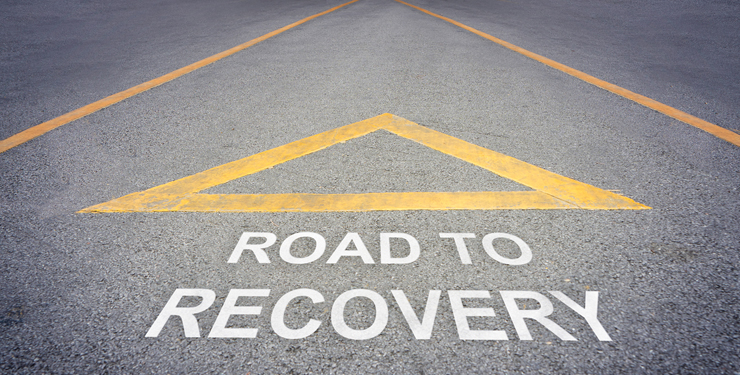Rethinking Recovery Through Cognitive Resilience

Recovery is not always about returning to who you were. It can also mean learning to function better than before. People emerging from burnout, chronic fatigue, stress related decline, or medication withdrawal often experience meaningful cognitive changes. Cognitive recovery is real, and it deserves attention.
At Greendoor, we explore how nootropics and cognitive strategies can support that process in a careful, ethical, and realistic way.
What Recovery Means for the Mind
For many people, recovery involves the following.
Lifting brain fog.
Regaining focus and motivation.
Managing executive dysfunction.
Restoring energy without overstimulation.
These goals are common among individuals who explore nootropics after prolonged stress, illness, or mental health challenges. Nootropics are not cures, but they can be part of a broader toolkit when used with intention and awareness.
Support, Not Shortcuts
We do not promote quick fixes. Cognitive enhancers should support, not replace, the fundamentals of cognitive well-being.
Restorative sleep.
Nutrient rich food.
Consistent routines.
Movement, therapy, and mindfulness practices.
Our focus is on low risk compounds that may contribute to neurochemical balance, resilience, or gradual restoration of clarity, particularly for people who feel they are operating below their usual capacity.
Recovery Looks Different for Everyone
Some individuals are tapering off medications and seeking safer alternatives.
Others are rebuilding mental stamina after illness or trauma.
Many are trying to regain clear thinking after years of fog or fluctuating performance.
At Greendoor, we aim to do the following.
Share evidence based guidance on cognitive enhancers.
Help people set realistic expectations.
Offer a grounded and nonjudgmental space for recovery oriented exploration.
The Next Step
If you are considering nootropics as part of your recovery process, begin with curiosity rather than urgency. The most effective support system is one that evolves with you and does not promise instant transformation.
Recovery is a process. With the right tools, it can also become a turning point.



